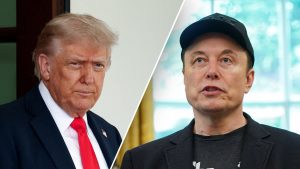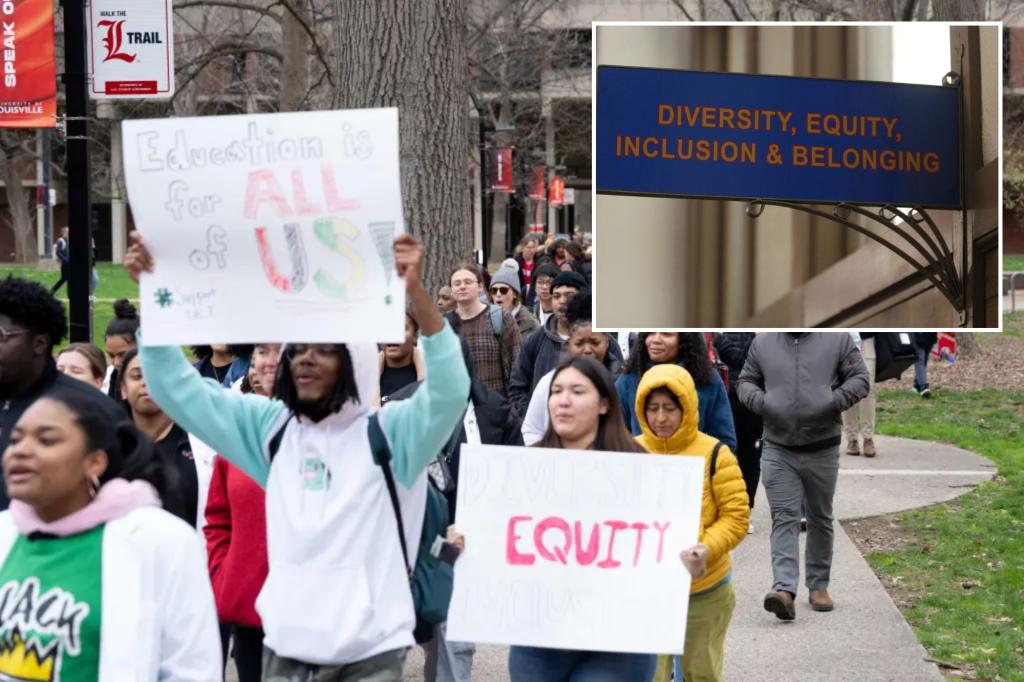Diversity, Equity, and Inclusion (DEI) initiatives have become a prominent feature in higher education, aiming to foster inclusive learning environments and address historical inequities. However, a recent report by the Goldwater Institute has ignited debate by claiming that these initiatives represent a significant financial burden on taxpayers and students, amounting to nearly $2 billion over a four-year period at public universities nationwide. This cost arises from mandated DEI courses, which the report argues divert resources from core academic programs and impose unnecessary expenses on students through tuition and state appropriations. The report further contends that students are spending a substantial amount of time, estimated at 40 million student hours, fulfilling these DEI requirements, raising concerns about the opportunity cost of dedicating valuable learning time to these mandated courses.
The Goldwater Institute’s analysis underscores the escalating tension surrounding DEI in higher education. While proponents champion DEI as a crucial step towards rectifying historical injustices and creating more equitable opportunities, critics argue that these initiatives promote division and prioritize ideology over academic rigor. This ideological clash has intensified in recent years, with DEI programs facing increased scrutiny and even being scaled back by several major corporations. Conservatives often view DEI as a form of reverse discrimination, asserting that it unfairly advantages certain groups while disadvantaging others. Conversely, supporters emphasize the importance of creating inclusive environments where students from all backgrounds feel valued and respected, arguing that DEI fosters critical thinking and prepares students for a diverse workforce and global society.
The report specifically highlights the proliferation of DEI-focused courses within university curricula. It cites examples of courses exploring intersectionality, racial and gender identity, and other related topics. While these courses may be valuable to some students, critics argue that mandating them for all undergraduates infringes on academic freedom and imposes a specific ideological framework on students. The Goldwater Institute contends that faculty governing bodies have failed to uphold their responsibility to promote unbiased intellectual inquiry, and university regents have ignored this issue, leaving state lawmakers with the responsibility to intervene and protect taxpayers and students from these perceived ideological impositions.
The report’s findings resonate with a broader national conversation about the role and scope of DEI in higher education. Recent events, such as the University of Michigan’s review of its DEI programs and subsequent discussions regarding the future of its DEI bureaucracy, illustrate the growing pressure on universities to re-evaluate their approach to DEI. The University of Michigan’s case is particularly noteworthy given its Democratic-majority Board of Regents, indicating that concerns about DEI are not limited to one side of the political spectrum. The scrutiny faced by the University of Michigan and other institutions exemplifies the complex and often contentious nature of DEI implementation, balancing the goals of inclusivity with potential concerns about ideological bias and resource allocation.
Several other public universities have also taken steps to roll back their DEI initiatives and requirements in the past year. These actions underscore the increasing polarization surrounding DEI in higher education and the challenges universities face in navigating these complex issues. The Goldwater Institute report adds fuel to this fire by framing DEI as a financial burden and an ideological imposition on students and taxpayers. Whether or not one agrees with the report’s conclusions, it undeniably contributes to the ongoing debate about the appropriate role of DEI in shaping university curricula and campus culture. The future of DEI in higher education remains uncertain, with ongoing discussions about its effectiveness, cost, and impact on academic freedom.
The debate surrounding DEI in higher education reflects a broader societal struggle to define and achieve equity and inclusion. It touches on fundamental questions about access, opportunity, and the role of education in preparing students for a diverse and increasingly complex world. While the Goldwater Institute’s report presents a critical perspective on DEI, it is important to consider the diverse viewpoints and perspectives within this complex discourse. Finding a path forward will require open and honest dialogue, a willingness to engage with differing perspectives, and a commitment to creating learning environments that are both inclusive and intellectually rigorous. Ultimately, the goal should be to foster a higher education system that equips all students with the knowledge, skills, and critical thinking abilities necessary to thrive in a diverse and interconnected world.










